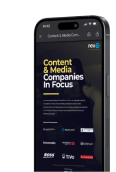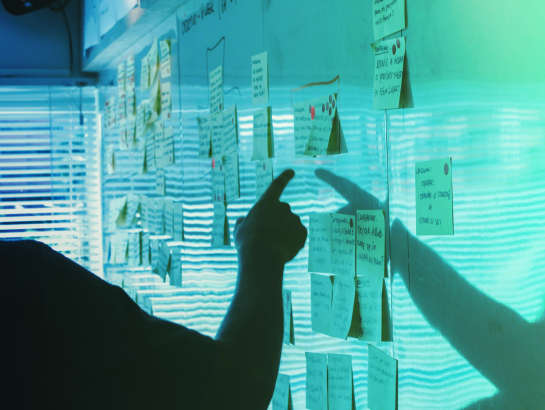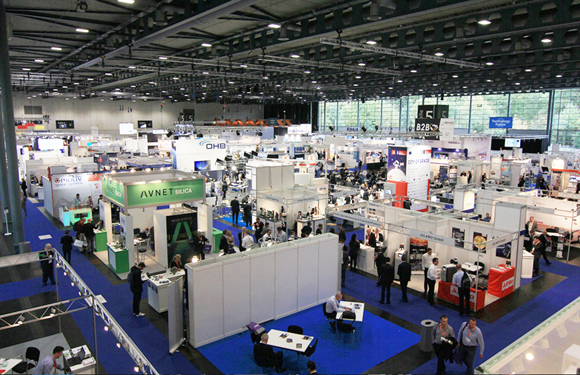As AI continues to develop, so does its impact on the content and media industry. To help us understand the impact this phenomenon will have on the future of work in our industry, we invited Micky Edwards, the VP of Business Development EMEA & APAC at TAG Video Systems, to speak to us on The Content & Media Matters Podcast. Read on for his insights on AI.
What is generative AI, and how does it differ from other types of AI?
Generative AI is an artificial intelligence that can react to things in real time as they are going on. Artificial intelligence has been around for quite some time, but it’s all been pre-programmed, so it was looking at and understanding things that were already known. Generative AI is the next step up, and it’s looking at how it can bring that information together to start making different things. The fact that it can start to do contextual things like understand the context of what’s going on, and then produce some text is incredible.
What is the impact of AI on jobs and the future of work?
A lot of people are worried that generative AI will take jobs away, but I think it’ll allow people to go and do something different. I think it will positively impact the future of work, because it may allow people to have a better sort of work-home balance as well as do some of these more repetitive tasks that you have within the industry. These tasks that would take somebody many hours to do can now be handled by generative AI while they go and do something else, giving them more free time as well.
The whole process that we’re going through at the moment is learning about AI’s limits and how it will help us to look at our work-life balance. It may be that you’ll end up doing more job sharing, where you’re doing part of a job, but the other part of the job is being done by a machine, which means that somebody else can come in and do something else, while that’s going on. I’m not totally convinced that it’s a bad thing.
AI is also expanding the knowledge of what’s achievable with programming and operations, across not just our industry, but multiple industries. There’s always going to be a requirement for some things, like having a person stand behind a camera, and they have robotics and AI controlling it, but actually, a skilled operator can still get those shots that a computer system just can’t process. So yes, AI will come in and make things different, but I’m not sure it’ll be a bad difference. There will definitely be some upsides to not having humans do the repetitive jobs within the industry.

How do you see generative AI being used in the industry as a whole?
I think where we’ll see AI really coming to the forefront is in a new generation of FAST channels. So these are free to air, without subscription, ad-supported television. Broadcasters want to reach out to produce these as cheaply as possible because the only revenue they’re getting is through ad insertion. So, we can see a point where generative AI will have access to the content, and there’ll be some rules that it has to follow, but it’ll be able to take that content and be able to produce these FAST channels, and then self-manage them. It’s already doing ad selections and things like that, depending on the content type and by looking at the people that are watching it and being able to select the correct ads for them. That will help some of the broadcasters who are perhaps struggling a little bit to make any money out of FAST channels. I see that it as definitely a positive for them to be able to use generative AI to help do that.
To hear more from Micky, tune into Episode 31 of The Content & Media Matters Podcast here.
We sit down regularly with some of the biggest names in our industry, we dedicate our podcast to the stories of leaders in the technologies industries that bring us closer together. Follow the link here to see some of our latest episodes and don’t forget to subscribe.


